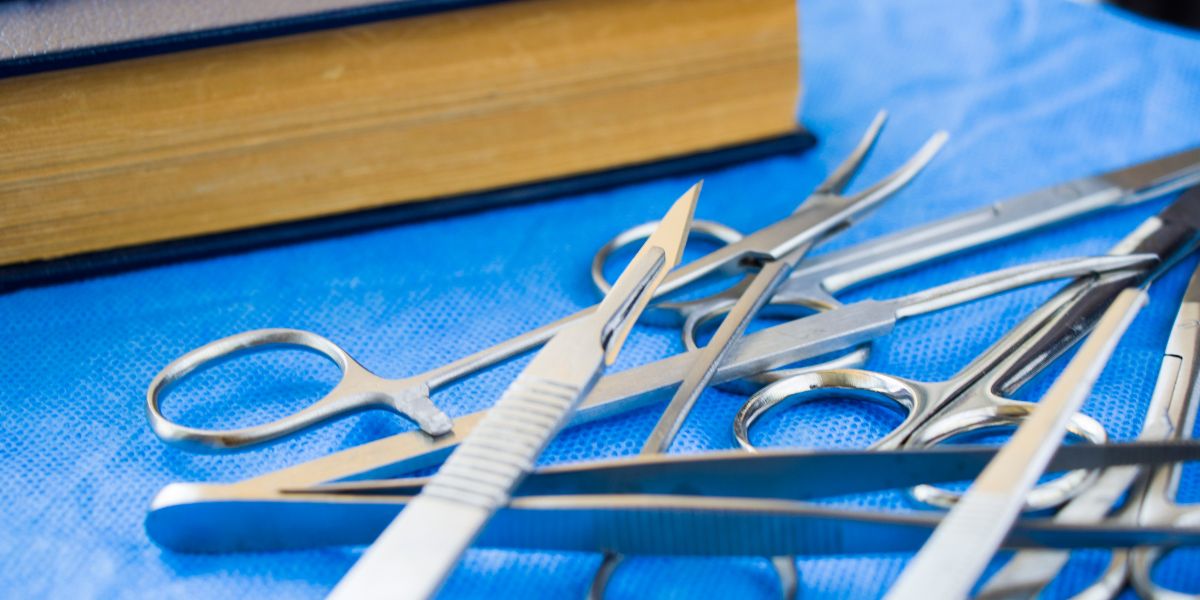
When it comes to selecting the best dissection kit for your biology studies, the tools you choose can significantly impact your learning experience and lab outcomes. From scalpels to forceps, each instrument plays a crucial role in honing your dissection skills and achieving precise results. But what sets apart the top-tier kits from the rest? Stay tuned to discover the key features that make a dissection kit a must-have for every aspiring biologist.
Essential Dissection Tools
When preparing for dissections, ensure you have the essential tools to facilitate the process effectively. One vital tool is a good quality dissection kit containing instruments like scissors, forceps, and probes. These tools allow for precise cutting, grasping, and examining of specimens.
Additionally, a sturdy dissection tray is crucial to provide a stable work surface and contain any fluids or debris. Make sure to have a magnifying glass or a microscope handy to observe intricate details.
Disposable gloves are a must to maintain hygiene and prevent direct contact with chemicals or specimen fluids. A ruler or caliper is handy for measuring and documenting sizes accurately.
Lastly, having a set of pins for securing the specimen in place during dissection is essential. By ensuring you have these essential tools in your dissection kit, you can conduct experiments smoothly and efficiently, enhancing your learning experience.
High-Quality Scalpel Blades
For precise and efficient dissections, investing in high-quality scalpel blades is essential. When choosing scalpel blades for your dissection kit, opt for those made from durable materials like stainless steel to ensure sharpness and precision. High-quality blades not only make incisions cleaner but also reduce the risk of damaging tissues during dissections.
Look for scalpel blades with a fine tip to allow for intricate cuts and precise control. The sharpness of the blade is crucial for accurate dissections, enabling you to navigate through tissues with ease. Additionally, consider blades with a secure fitting to prevent any wobbling during use, ensuring stability and accuracy throughout the dissection process.
Investing in high-quality scalpel blades may initially seem more expensive, but their durability and sharpness will ultimately save you time and effort in the long run. By choosing reliable blades, you can enhance your dissection skills and make the learning experience smoother and more effective.
Precision Dissection Scissors
To achieve precise cuts and intricate details during dissections, consider investing in a pair of high-quality precision dissection scissors. These specialized scissors are designed with sharp, fine tips that allow for accurate cutting in delicate areas. When working on small specimens or intricate anatomical structures, precision scissors enable you to make clean, controlled cuts with ease.
Look for precision dissection scissors made from high-grade stainless steel for durability and corrosion resistance. The sharpness of the blades is crucial for achieving clean cuts without damaging the surrounding tissues. Additionally, ergonomic handles with a comfortable grip can reduce hand fatigue during long dissection sessions, ensuring steady control and accuracy.
Whether you're dissecting small organisms, conducting detailed anatomical studies, or performing surgical procedures in a lab setting, precision dissection scissors are indispensable tools for biology students. Investing in a reliable pair of precision scissors won't only enhance your dissection skills but also contribute to the overall success of your biological studies.
Versatile Dissection Forceps
Consider adding versatile dissection forceps to your toolkit for biology studies to handle a variety of tasks with precision and ease. These forceps are essential for grasping and manipulating delicate tissues during dissections. With their fine tips and firm grip, versatile dissection forceps allow you to precisely separate and examine different anatomical structures without causing damage.
The serrated tips of these forceps provide a secure hold on slippery or small tissues, making them ideal for intricate dissections where attention to detail is crucial. Whether you're dissecting a small organism or examining complex biological structures, versatile forceps enable you to work with accuracy and efficiency.
Furthermore, these forceps aren't limited to dissection tasks alone. They can also be used for various laboratory procedures such as sample handling, sorting, and even minor surgical tasks. Their versatility makes them a valuable addition to any biology student's toolkit, providing a reliable instrument for a wide range of scientific experiments and studies.




